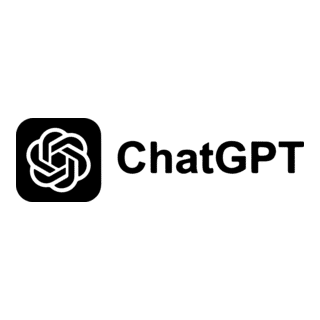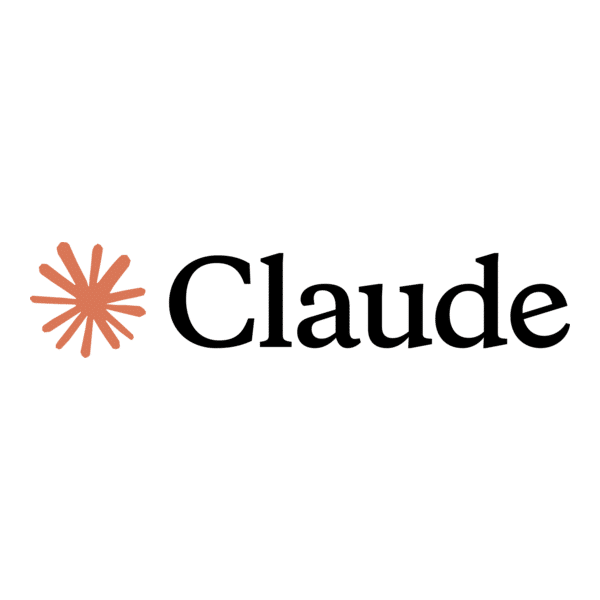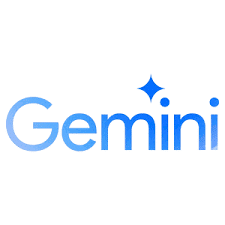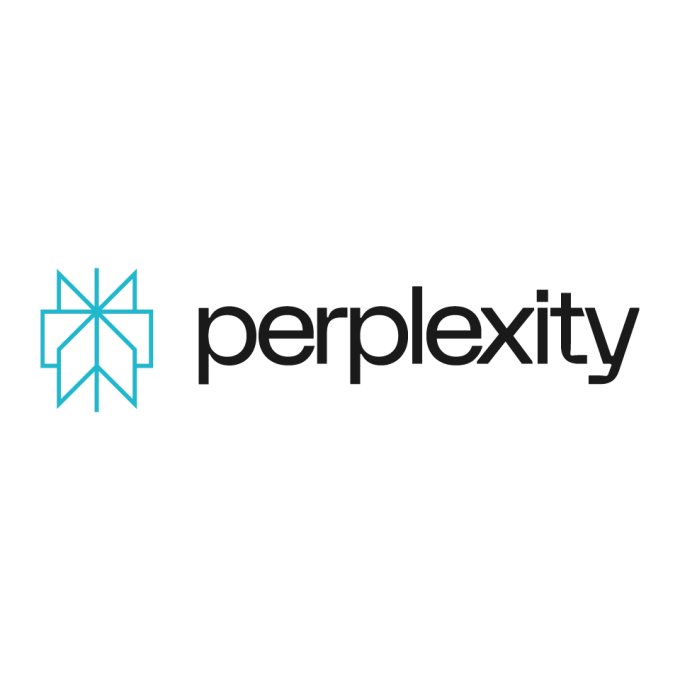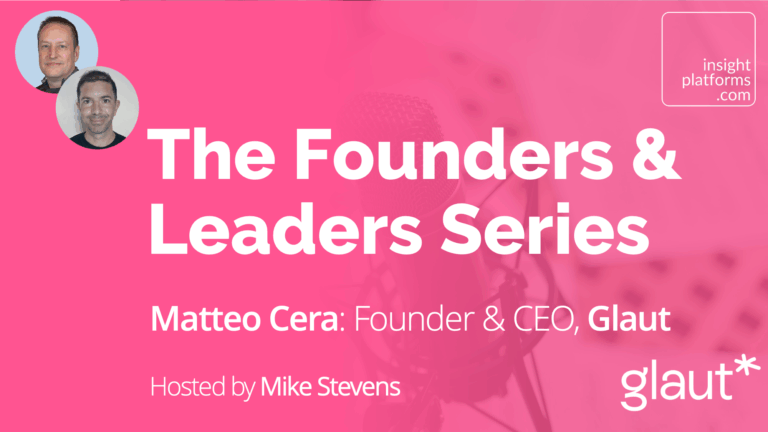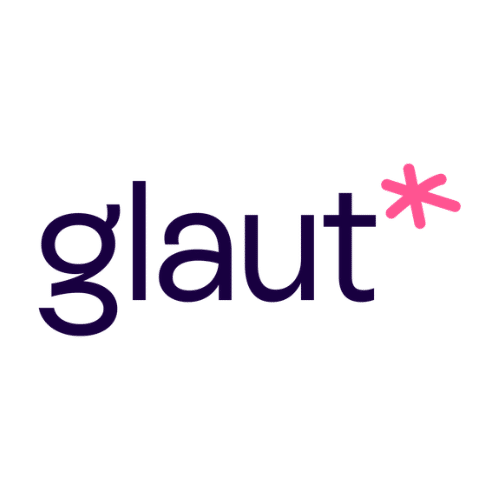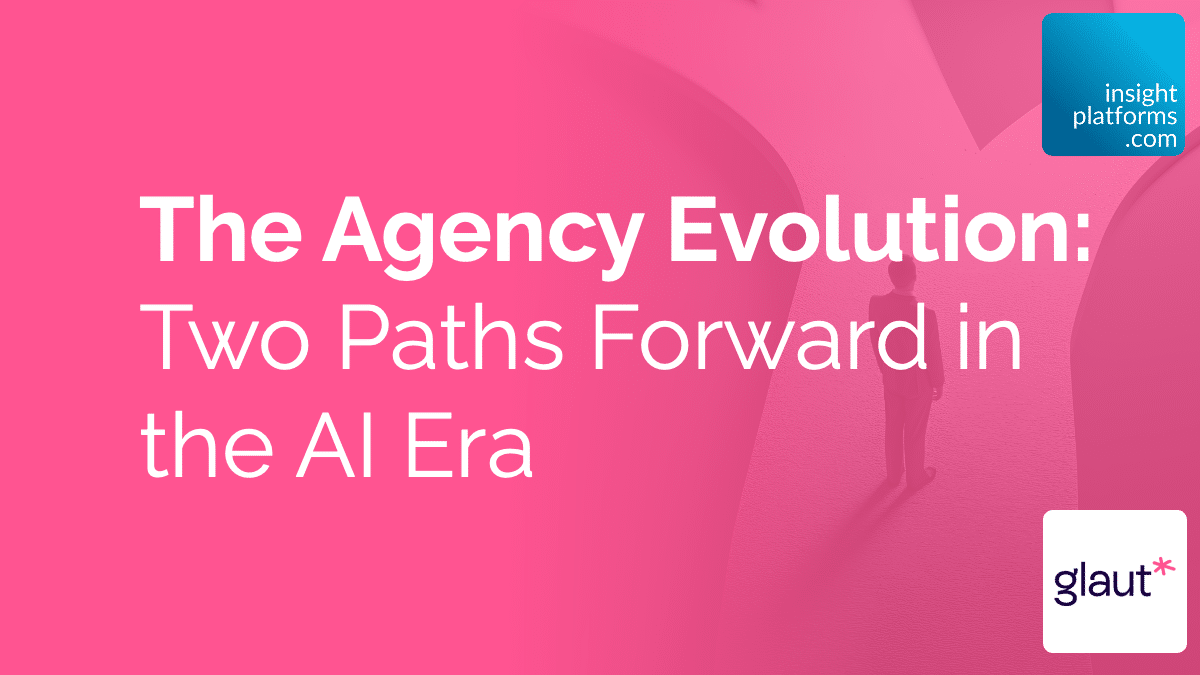
The Agency Evolution: Two Paths Forward in the AI Era
By Glaut
- article
- AI
- Qualitative Research
- Agile Qualitative Research
- Agile Quantitative Research
- Qual-Quant Hybrid
The world of market research agencies is at a crossroads. In fact, I’d argue it’s facing the biggest shake-up since we moved from paper to online surveys 25 years ago.
Over the past two years, working with dozens of agencies while building AI-powered research technology, I’ve noticed a clear split emerging. Agencies are being forced to choose, and the industry is dividing into two camps. This division represents more than just different attitudes toward technology, it’s shaping the future of market research.
This article covers part of the The Founders & Leaders Series podcast episode 2. Listen to the full episode here:
Episode 2: Matteo Cera, Founder & CEO, Glaut
The Great Divide: Sceptics vs. Enthusiasts
The distinction goes deeper than mere technology adoption, it reflects fundamentally different philosophies about the future of research services.
The Sceptical Camp
Some agencies approach AI with arms crossed. They point out limitations, highlight edge cases, and insist on the irreplaceable role of humans in research. They keep their workflows largely unchanged, even when clients are nudging them forward. In short, they lead with resistance rather than curiosity.
The Enthusiast Camp
Others take the opposite view. They’re onboarding entire teams, weaving AI into operations far beyond research, and consider AI a competitive advantage. These agencies don’t wait for clients to demand AI, they explore it because they already see the upside. They’re asking us for recommendations on AI-powered tools for CRM, finance, and business operations.
The Client Pressure Factor
Agencies aren’t operating in a vacuum. Clients are increasingly saying, “Show me you’re using AI”. Sometimes they don’t even care exactly how it is being used, it’s all about signalling innovation to their own stakeholders.
This creates a challenging dynamic. Agencies are being pushed to adopt AI, whether or not they fully buy into it. However, I’ve seen that the most successful agencies are finding that genuine AI adoption, rather than superficial “AI washing”, delivers real competitive advantages.
What Progressive Agencies Are Doing Differently
1. Embracing Methodological Convergence
The old qual vs. quant divide is fading. Progressive agencies are training researchers to handle hybrid projects that blend both. Why? Because clients don’t ask for qual or quant. They ask for answers.
This shift brings obvious advantages such as more flexibility, faster turnaround, richer insights, and overall better resource use.
2. Systematic Team Development
Success isn’t coming from one-off experiments. It’s coming from C-level commitment to change.
The best agencies are investing in:
- Understanding what AI can and can’t do.
- Training researchers to design hybrid projects.
- Educating clients on what AI really adds.
- Building new quality frameworks to measure outcomes.
3. Infrastructure Investment
For progressive agencies, AI isn’t an add-on. It’s becoming part of the foundation, integrated into workflows, systems, and even business processes beyond research.
The Trust Factor: Why Relationships Still Matter
It’s worth remembering that market research is a small, relationship-driven industry. People know each other, and that means reputation plays a vital role.
That’s why the winning formula isn’t replacing humans with AI, but instead leveraging AI to automate manual tasks, freeing researchers to spend more time where they add real value: building client trust, delivering context, and shaping strategy.
I felt this first-hand back in my McKinsey days. My time was split between meeting clients and filling endless Excel sheets and decks. What mattered most to the client was never the number of hours I spent crunching data, it was the quality of the insights and the strength of our relationship. If I’d had today’s AI tools back then, I would have gladly offloaded the drudgery to focus on what mattered most.
The Conversion Story
Not every sceptic stays a sceptic. I’ve seen agencies start with doubt, run a few pilots, and then say, “Okay, I get it now. I see what this can do and I want to be part of it”.
That shift doesn’t happen through debate, but via direct experience. Once they see the actual results – the time savings, depth of insights, client satisfaction… – their perspective shifts dramatically.
Practical Steps for Agency Leaders
Based on my experience working with agencies across the spectrum, here are the approaches that work:
Short Term (Now)
- Start with pilots: Choose low-risk projects to test AI capabilities and build internal confidence.
- Client conversations: Proactively discuss AI integration with key clients rather than waiting for them to ask.
- Team assessment: Evaluate your team’s AI readiness and identify skill gaps.
- Market analysis: Understand what progressive agencies in your market are offering.
Medium Term (6-12 Months)
- Systematic integration: Embed AI tools into standard workflows rather than treating them as separate capabilities.
- Quality development: Create new metrics for evaluating AI-enhanced research that you can share with clients.
- Service evolution: Redesign offerings to highlight hybrid methodologies and faster turnaround times.
- Relationship management: Maintain the trust-based relationships that are fundamental to research success.
Long-term
- Thought leadership: Position your agency as an expert in AI-enhanced research methodologies.
- Talent strategy: Recruit researchers comfortable with both traditional methods and AI tools.
- Technology partnerships: Develop strategic relationships with AI research platforms.
- Competitive advantage: Leverage the convergence of qual and quant capabilities as a differentiator.
The Competitive Reality
The agency evolution isn’t optional. AI capabilities continue advancing and client expectations shift alongside. The agencies that resist adaptation risk being left behind. However, those that embrace the convergence of qual and quant, invest in team development, and maintain their focus on client relationships will find significant competitive advantages.
Word travels fast in our industry. When you go to conferences – the Quirks and the IIEXs of the world – you tend to see the same people over and over again. This dynamic works in favour of progressive agencies. When agencies deliver exceptional results using AI-enhanced methodologies, that success spreads quickly through the community.
The future belongs to those who embrace both scale and nuance, automation and trust, AI and human judgment. The only question left is: will you lead the change, or be forced to follow it?
This article covers part of the The Founders & Leaders Series podcast episode 2. Listen to the full episode here:

